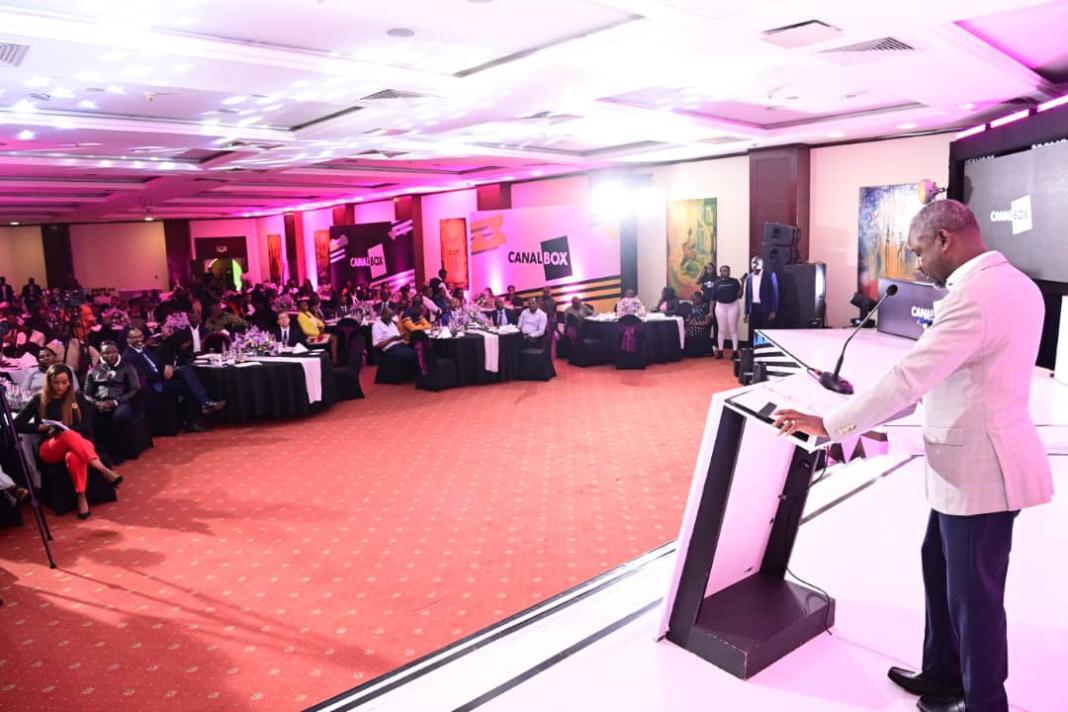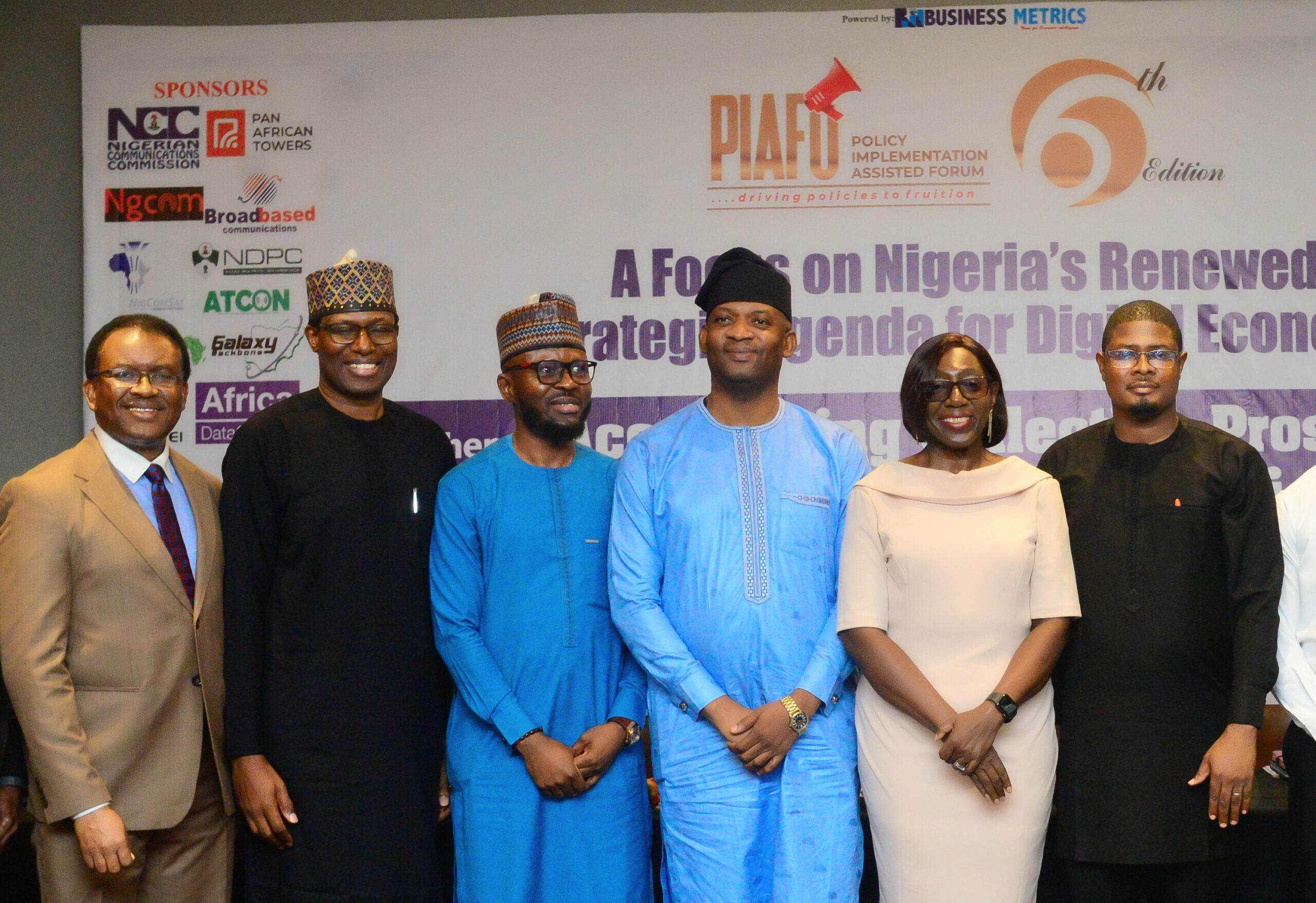In Uganda, CanalBox, a new broadband Internet service provider, has formally opened for business after investing approximately Shs50 billion, or $13.5 million, during the previous 11 months.
The initiative, which was created by Group Vivendi Africa (GVA), a Vivendi subsidiary dedicated to providing Internet access throughout the continent, intends to significantly increase Internet penetration in Uganda by connecting 500,000 houses in Kampala and Wakiso to its services in three to four years.
Light pulses are used in CanalBox’s fibre optic Internet to transmit data, providing more efficient and reliable coverage.
Read also: TelCables unleashes 800 Gbps network in South Africa
Unlocking the potential of CanalBox broadband in Uganda
With its low cost, CanalBox’s new broadband service is poised to change internet access in Uganda completely. To accommodate various demands and financial constraints, the service provides two plans.
It is an incredible price of UGX 110,000 ($29.79) per month; the “Start” plan is ideal for light users as it offers a dependable connection. The “Premium” plan costs UGX 200,000 ($54.17) per month for individuals who require more incredible speed and bandwidth.
The notable thing about these rates is that they are five times less expensive than the going rates, which opens up higher accessibility to high-speed internet for a larger group of people.
It is anticipated that Ugandans’ employment, learning, and interpersonal interactions will change due to this significant price decrease.
The Managing Director of GVA, Jean-François Duboy, stated that the objective of the Internet provider is to democratise broadband Internet access through fibre.
He highlighted that with its competitive pricing, speed, and value, CanalBox will have a transformative impact, enabling many Ugandan families to access high-speed internet in their homes.
Read also: Intelvision’s role in Seychelles’ Telecom
The Future of Education: Government and GVA collaboration
Thomas Tayebwa, the Deputy Speaker of Parliament, announced that the government is committed to supporting efforts to increase broadband penetration as part of its Vision 2040 initiative. He expressed his appreciation for GVA’s long-term investments in fibre optic infrastructure.
To facilitate youngsters in Wakiso and the neighbouring areas’ access to online learning resources, Tayebwa further encouraged the ISP to guarantee zero-rate access to all educational websites.
This request aligns with the nation’s recent efforts to create digital model villages and introduce iris verification to increase security.
These initiatives highlight the government’s deliberate efforts to usher in a transformative era in Uganda.
Vivendi states that it has entered the media, communications, and content spaces since 2014, acquiring businesses such as Lagardère, Havas, Prisma Media, Canal+ Group, and Gameloft.
After deploying more than 5,000 fibre Internet connections in the last 11 months, GVA has given Kampala, the 13th city, and Uganda, the 8th African nation, access to CanalBox.

